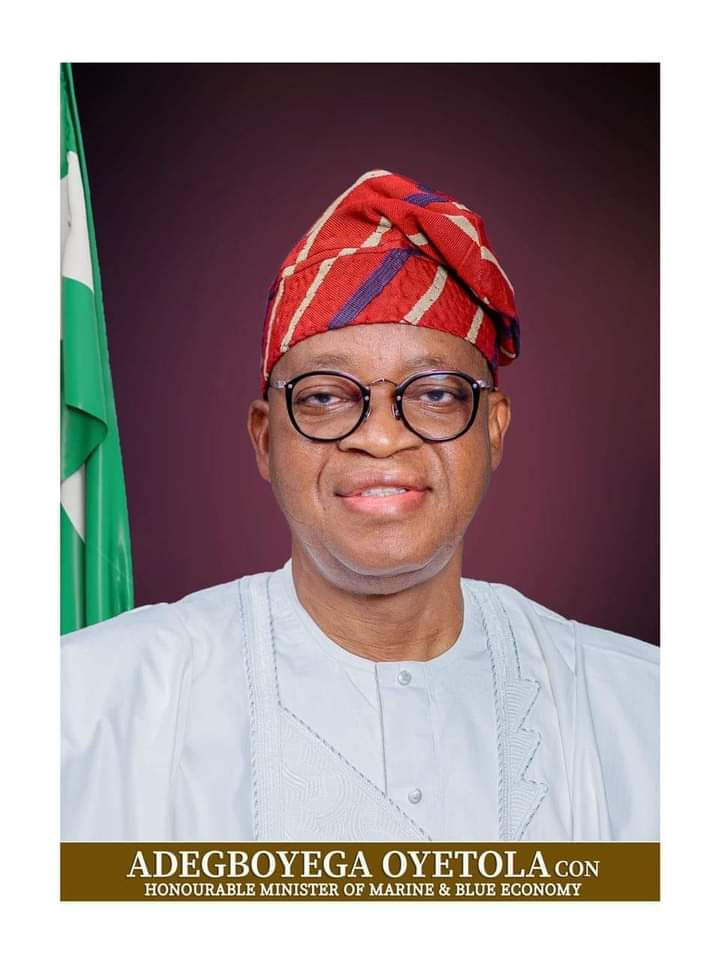- IMF offers Nigeria, others zero-interest loans
The naira is expected to make a surprise recovery from today as Travelex, a global foreign exchange (forex) dealer, begins the sale of $15,000 weekly to each of the 3,000 Bureaux De Change (BDC) operators.
Association of Bureau De Change Operators of Nigeria (ABCON) President Aminu Gwadabe, who broke the news yesterday, said $45 million will flow into the financial system with each of the BDCs getting $15,000. The exercise, he said, would strengthen the naira in both the official and parallel markets.
The naira was yesterday exchanging at N473 to dollar in the parallel market and N310 to dollar in the official market. The local currency has lost over 70 per cent of its value in both markets year-to-date due to plunge in crude oil prices which cut the country’s dollar earnings.
Gwadabe explained that the funds to be disbursed to BDCs today, were from the Diaspora remittances estimated at $21 billion annually. He said the CBN took the right steps by authorising Travelex to take responsibility of disbursing the Diaspora to licensed BDCs. He said the $15,000 weekly dollar sales, was an improvement from the initially approved $10,000 weekly, would deepen dollar liquidity in the system and strengthen the naira against the dollar.
The ABCON boss said the experience and integrity of Travelex will be key in getting the dollars down to BDCs.
He urged all BDC operators, as a matter of urgency, to visit CBN branches in their respective zones to validate their en-cashers and signatory mandate cards for Travelex biometric data capturing excercise.
Gwadabe said the biometric data capturing project would enable the BDCs access the International Money Transfer Operators (IMTOs)/Travelex dollars window.
He said remittances have direct positive and significant impact on consumption, investment, and demand in the country as it can be used to address short-run output shocks, and even long run growth. He said that remittances tend to be stable and to increase during periods of economic downturns and natural disasters.
He said the CBN is reaffirming the country’s commitment to building an enabling environment and level-playing field for international money transfer services to Nigeria.
He said that by increasing the number of IMTOs from three to 14, the CBN under its Governor, Godwin Emefiele, is setting the economy on the path of development in the medium- to long-term and also, restore integrity in the international money transfer business.
Gwadabe said the ongoing dollar sales to BDCs would strengthen the operators to meet the forex demand at the retail end of the market so that they can continue to enhance employment generation in the country.
The ABCON boss believes that despite the challenges facing the economy, the CBN and BDCs would continue to work together and find sustainable solutions that can help the country wriggle out of the ongoing forex crisis and achieve full economic recovery.
He pledged that ABCON would continue to ensure that purchased funds were sold to end users and for eligible transactions and also render returns promptly. He further promised to ensure strict compliance to the provisions of the anti-money laundering laws observance of appropriate Know Your Customer principles in the handling of forex transactions.
In the meantime, the International Monetary Fund is prepared to lend money to Nigeria and other countries facing economic crisis at zero interest rate in order to stimulate their recovery.
The Managing Director, IMF, Christine Largade, said this on Thursday in Washington DC, United States, at the ongoing annual meetings of the World Bank/IMF.
“If we want to improve the inequality issue, we must have a strong international safety net. In this context, I am pleased to reveal that our board recently approved the extension of the zero interest rate on all concessional facilities from 2016 to 2018, and thereafter, if there is a need for an extension,” she said.
Our correspondent, however, gathered from top Nigerian officials attending the meetings that the country was not favourably disposed to taking the IMF offer.
An official, who spoke to our correspondent on condition of anonymity, said, “The IMF people have been talking to us for some time, asking us to come and take loans, but their facilities come with too many unfavourable conditions.
“For instance, they told us to remove fuel subsidy and devalue the naira, which we did. If we take their fresh offer, they may ask us to raise the price of fuel and further devalue the currency, but these will create unrest in the country because the people are already suffering and we are aware of this.
“We will rather take a facility from the World Bank. The IMF facility comes with too many conditions; though we need a lot of funds to come into our economy now, we have to be wary of some of the tough conditions attached to them.”
Giving further details about the facility, the IMF boss said, “That is really important for low-income countries to be able to actually absorb the shocks without necessarily going to the international markets or relying on bilateral lending capacity of close to $1tn by extending access to bilateral borrowing agreements. The new agreements that are being signed this week will run at least through the end of 2019, and will continue to serve as a third line of defence.
“As you know, the first line of defence is quota; the second line is a new arrangement to borrow; and the third line of defence will be those bilateral loans.
“We have so far received pledges of $344bn from 26 members. We look forward to others joining the effort. We will provide more details shortly; and there will be some signing sessions organised in the course of the next two days.”
Lagarde also said that the outlook for advanced economies remained subdued, while that for the developing economies provided some guarded optimism with great diversities within the various economies.
She added, “Prospects for low income economies may be more challenging with varied outlook. We see growth as too low, too long and benefitting few. By exploiting synergies in policies, we can overcome these challenges. We also believe that each country has something to offer. My hope is that at the end of these meetings, each finance minister, each governor of central bank will go back home thinking of what to fuel growth.
“For example, when monetary policy has been overstretched, fiscal policy can step up. This will also put in place the structural reforms that are much needed, which have been sorted out in some countries, but which are still lacking in other places.”
Nation with additional report from Punch


















